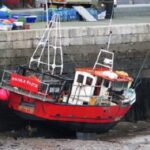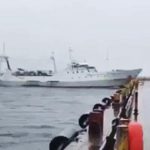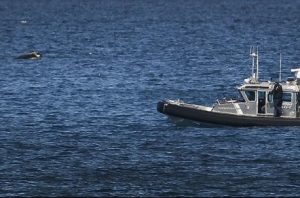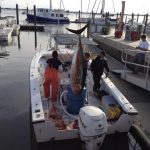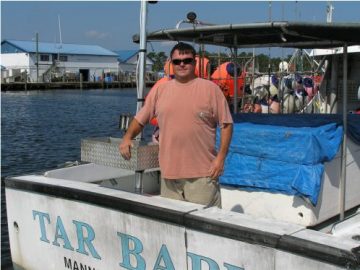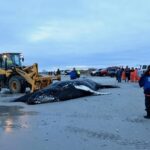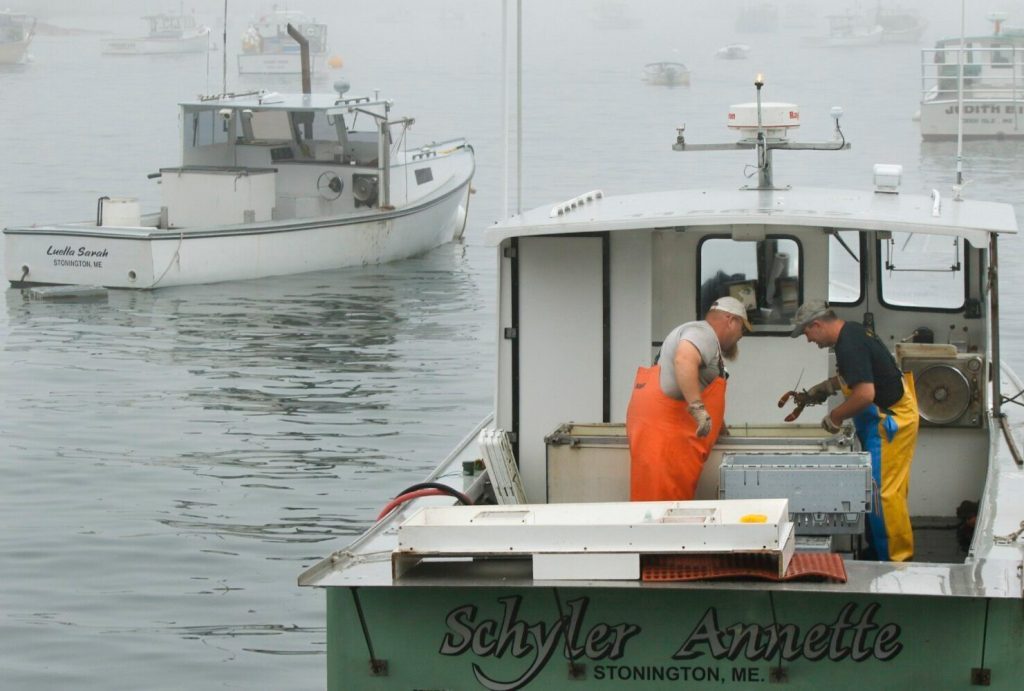Daily Archives: February 4, 2013
Coast Guard responds to F/V Raiders fire with 8 people aboard offshore Nantucket
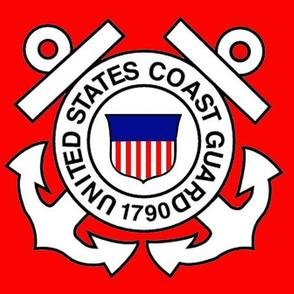 BOSTON — Coast Guard rescue crews assisted a commercial fishing vessel on fire 35 miles southeast of Nantucket, Mass., Monday. Watchstanders at Coast Guard Sector Southeastern New England received a radio call from the 88-foot fishing vessel Raiders at approximately 8:40 a.m. Read more here
BOSTON — Coast Guard rescue crews assisted a commercial fishing vessel on fire 35 miles southeast of Nantucket, Mass., Monday. Watchstanders at Coast Guard Sector Southeastern New England received a radio call from the 88-foot fishing vessel Raiders at approximately 8:40 a.m. Read more here
Coast Guard saves 4 men from a sinking fishing vessel Captain R. M. Chace near Chatham, Mass.
 BOSTON — The Coast Guard rescued four people aboard a sinking vessel approximately eight miles south of Chatham, Mass., at approximately 5 a.m. Monday. Watchstanders from the Coast Guard Sector Southeastern New England Command Center received a distress call from a Captain R. M. Chace at 1:21 a.m. Monday, reporting the boat was taking on water. On scene, the Station Chatham rescue crew provided a secondary dewatering pump to control the flooding while they escorted the fishing vessel Captain R. M. Chace and her crew to Hyannis, Mass. Read more here
BOSTON — The Coast Guard rescued four people aboard a sinking vessel approximately eight miles south of Chatham, Mass., at approximately 5 a.m. Monday. Watchstanders from the Coast Guard Sector Southeastern New England Command Center received a distress call from a Captain R. M. Chace at 1:21 a.m. Monday, reporting the boat was taking on water. On scene, the Station Chatham rescue crew provided a secondary dewatering pump to control the flooding while they escorted the fishing vessel Captain R. M. Chace and her crew to Hyannis, Mass. Read more here
Maine closes more scallop areas to fishing – reduce Maine shrimp fishing limits
ELLSWORTH, Maine — To protect the ability of scallop fishing beds to replenish themselves, state officials have closed down scallop fishing areas in Hancock County and in Washington County. Maine Department of Marine R esources i
esources i![]() ndicated Friday that it was closing limited-access fishing areas off Jonesport and Addison, in northwest Blue Hill Bay, in Englishman Bay and in Machias and Little Machias bays. Read more here
ndicated Friday that it was closing limited-access fishing areas off Jonesport and Addison, in northwest Blue Hill Bay, in Englishman Bay and in Machias and Little Machias bays. Read more here
State officials have made some adjustments to fishing rules for this winter’s Gulf of Maine shrimp season, extending fishing hours for trawlers but reducing the daily limit for trappers. Read more here
Not all fishing quotas were cut – significant increase in herring quota allocation
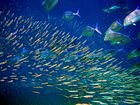 Patricia Fiorelli, public affairs officer with the New England Fisheries Management Council, said they expect approval from the National Marine Fishery Service on the new quota as soon as possible and it will be implemented in 2013.
Patricia Fiorelli, public affairs officer with the New England Fisheries Management Council, said they expect approval from the National Marine Fishery Service on the new quota as soon as possible and it will be implemented in 2013.
Fiorelli also said the Council last week officially decided to examine catch limits for the Atlantic Herring Fishery for river herring, which applies to Alewife and Blueback herring. “Because those species, which are managed, are in declining numbers, we will put some kind of limits on what can be taken by the Atlantic Herring Fishery,” she said. Read more here
Letter: Clueless research drives NOAA’s ‘science’ – Sam Frontiero, Gloucester
 I’m sure some people don’t have a clue how the science of fish stocks and all these decisions are mostly made of. Here’s some input on how NOAA determines its so-called science, which has put thousands of fisherman out of work and ruined other jobs related jobs to the industry — probably thousands of jobs overall. Years ago, NOAA actually had a well known Gloucester fishing captain go on a trip and observe what they do. They picked spots via computer, to make 30-40 minute tows. But many times, they were trying spots that there was known not to be any fish to start with — areas that fisherman wouldn’t fish that time of year. Read more here
I’m sure some people don’t have a clue how the science of fish stocks and all these decisions are mostly made of. Here’s some input on how NOAA determines its so-called science, which has put thousands of fisherman out of work and ruined other jobs related jobs to the industry — probably thousands of jobs overall. Years ago, NOAA actually had a well known Gloucester fishing captain go on a trip and observe what they do. They picked spots via computer, to make 30-40 minute tows. But many times, they were trying spots that there was known not to be any fish to start with — areas that fisherman wouldn’t fish that time of year. Read more here






 By Carl Safina and Elizabeth Brown In the early 1990’s many New England groundfish species (e.g. cod, haddock, and flounders) collapsed from decades of overfishing. To help rebuild these populations, managers closed several areas to groundfish fishing. These areas were designed to provide protection for groundfish species and their habitats, protecting them from destructive fishing practices like bottom trawling.
By Carl Safina and Elizabeth Brown In the early 1990’s many New England groundfish species (e.g. cod, haddock, and flounders) collapsed from decades of overfishing. To help rebuild these populations, managers closed several areas to groundfish fishing. These areas were designed to provide protection for groundfish species and their habitats, protecting them from destructive fishing practices like bottom trawling.  Former state Attorney General Scott Harshbarger says he was aware that he cited a disbarred lawyer as a character witness for Vito Giacalone’s altruism in an investigative report that cleared Giacalone — fisherman, shoreside Gloucester businessman, head of the Gloucester Fishing Community Preservation Fund and policy head of the Northeast Seafood Coalition — of abusing his influence in collusion with other powerful industry figures. And Harshbarger conceded Friday that he had uncovered evidence similar to one second-hand allegation —
Former state Attorney General Scott Harshbarger says he was aware that he cited a disbarred lawyer as a character witness for Vito Giacalone’s altruism in an investigative report that cleared Giacalone — fisherman, shoreside Gloucester businessman, head of the Gloucester Fishing Community Preservation Fund and policy head of the Northeast Seafood Coalition — of abusing his influence in collusion with other powerful industry figures. And Harshbarger conceded Friday that he had uncovered evidence similar to one second-hand allegation —


























